This story comes from a quality assurance employee who goes by the nickname Strikeronima on Reddit. In a recent post shared on the Malicious Compliance community, the Redditor wrote how they ended up writing all the company’s reports although they had their own time-consuming job to do. “I had been fighting to not do others’ reports for months and my boss told me to remind other leads when a report was needed,” the author noted.
On one occasion, a flawed product occurred in the refrigeration department. The author called refrigeration and told them “you need to do a report on this, I’ll send out an email counting how many pallets of product we lost,” but didn’t write a report as they were told not to.
The boss was dumbstruck as to why this employee didn’t write a report, saying that “if you have time to send an email, you have to write a report.” But she clearly forgot that she told to remind other leads to write a report.
An identical incident happened two months later, but this time, it cost way more than writing up for failure. Almost a couple of millions more.
A quality assurance employee shared how the company almost lost millions after they did what they were told by the boss
Image credits: Arno Senoner (not the actual photo)
Image credits: Ivan Samkov (not the actual photo)
Image credits: Grégory Costa (not the actual photo)
We all know that feeling: the stomach-dropping, heart-sinking sensation when we realize we’ve made a mistake at work. Whether it’s a small oversight or a major faux pas, we’ve all been there.
On the other hand, not all mistakes are equal. Some critical mistakes at work can certainly have serious consequences, as we’ve seen in this story, and can even be career-ending. For a company, critical human error can bring lawsuits, costs millions and customers, as well as ruin their reputation.
Meanwhile, a study of 2,000 workers found one in five have made what they consider to be a critical mistake at work, and 12 per cent have taken a risk that cost their company money. The study also found a third of working adults (33 per cent) are willing to take a risk at work as long as they don’t get caught.
Hans Schumann, an international Executive Career & Life Coach with a background in law and financial services going back 20 years, told Bored Panda that human errors cannot be avoided as they happen all the time.
“Human errors become a problem when there is much at stake. For example, if I make an error mistaking one coaching client for another, he or she may feel offended but no real harm is done,” he said.
“But if I was a doctor and got my patients mixed up, I might endanger their lives by giving them the wrong treatment,” Schumann added.
When asked about ways to deal with a critical mistake you made at work, Schumann reminded us that each mistake has the potential for growth and learning. “I advise my clients to feel compassion towards themselves when they have made a mistake. Judging us just adds to the stress and the more stressed we are, the more errors we will make,” he said. Schumann’s advice is to be curious about what happened and what you can learn from the mistake.
When it comes to a company losing money because an employee made a mistake, Schumann argues that this is a normal business risk that companies need to manage. “Cost is usually to be absorbed by the company. You can mitigate this risk through training, oversight and by seeking insurance cover.”
“Support your employees to learn from their mistakes. If they don’t show willingness to learn and mistakes keep happening, you will need to performance manage them and ultimately you may need to let them go,” Schumann concluded.
People expressed their support for the author in the comments
https://ift.tt/Dg9ikhs
2022-07-24 02:58:41Z
CAIiEKLDlWGvoNi4zKeZ4G_Z74AqGQgEKhAIACoHCAowis-RCzCsw6YDMLGJuQY

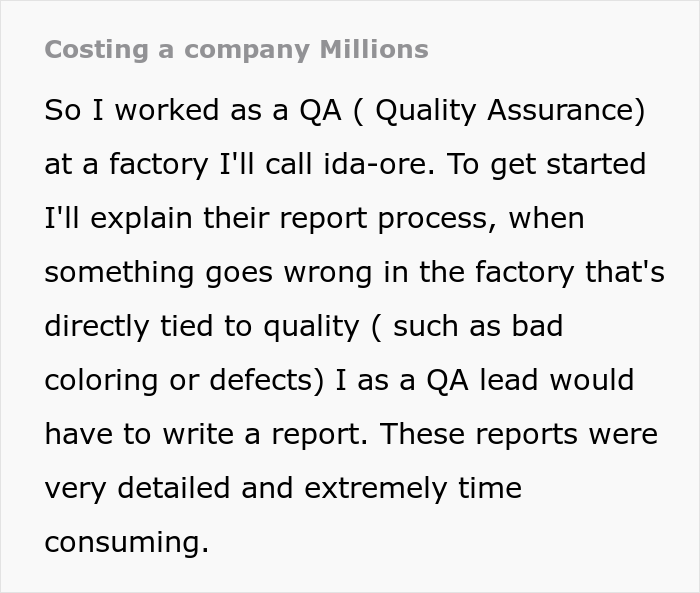
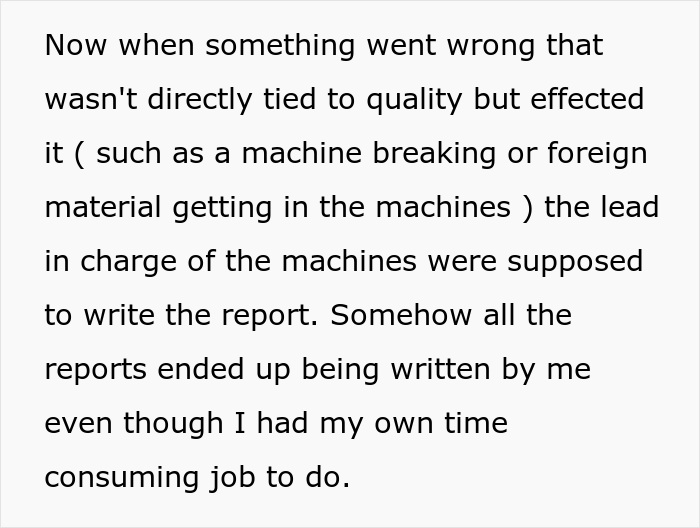
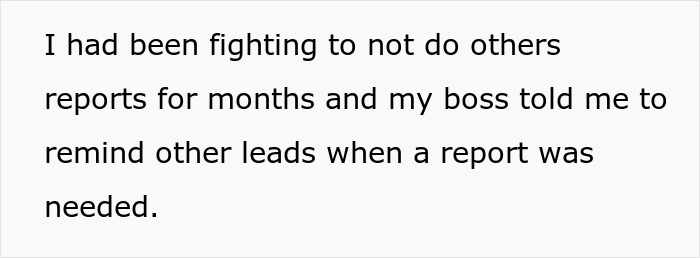
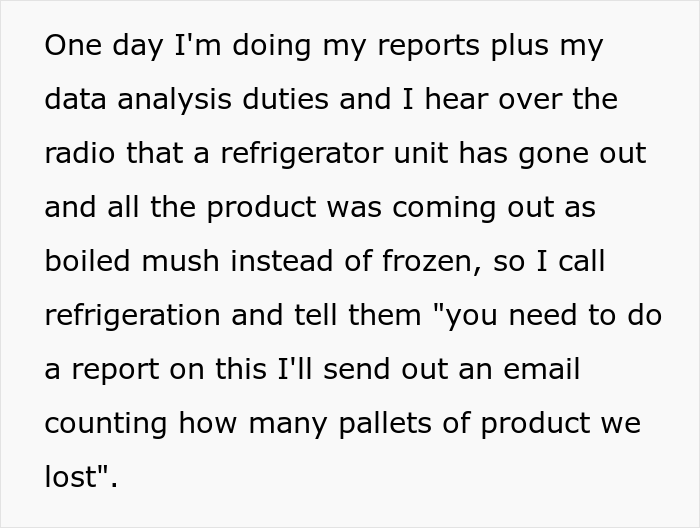

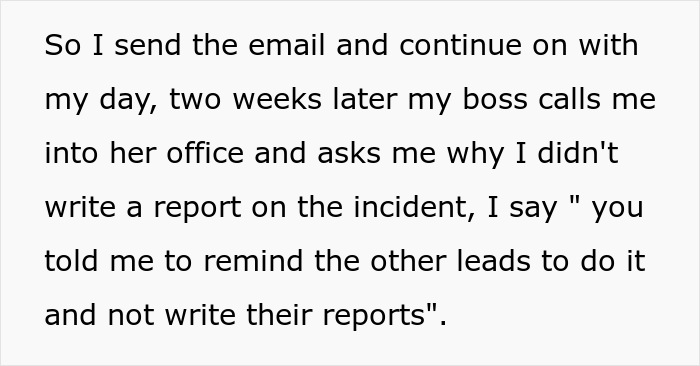
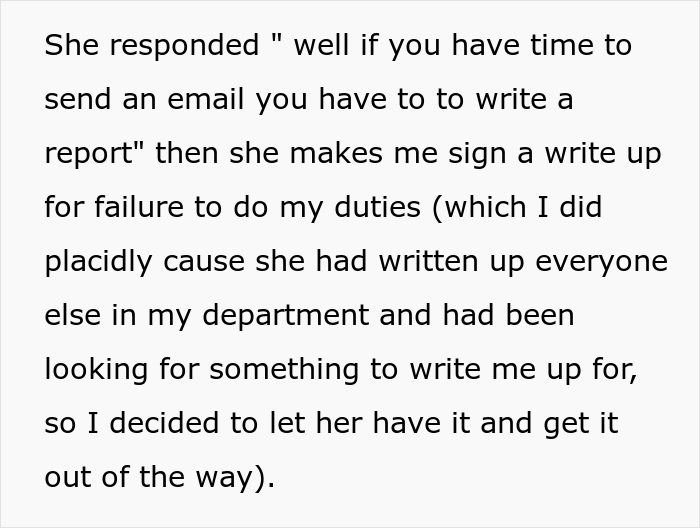
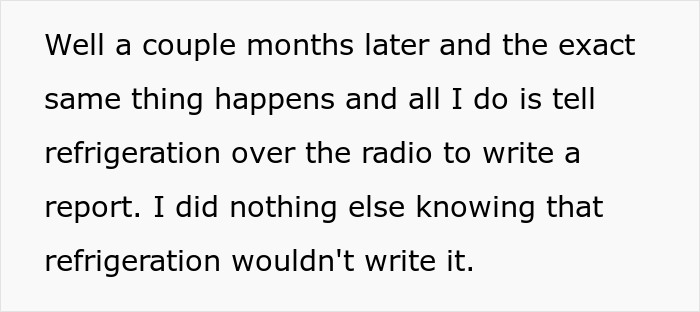
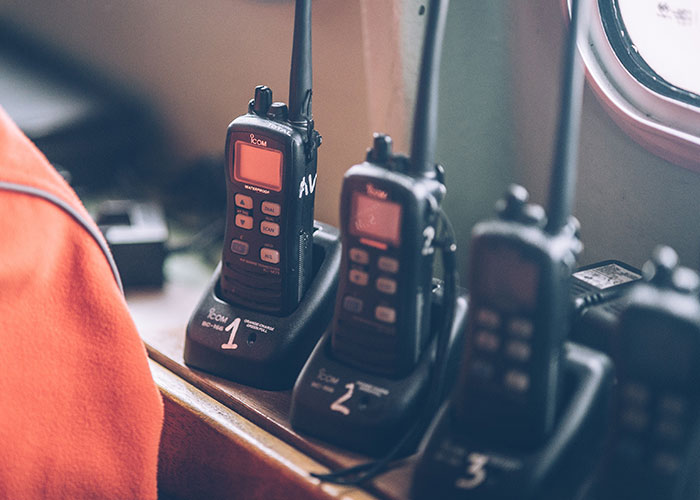
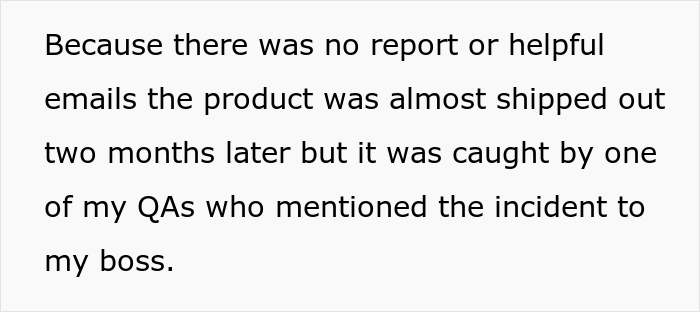
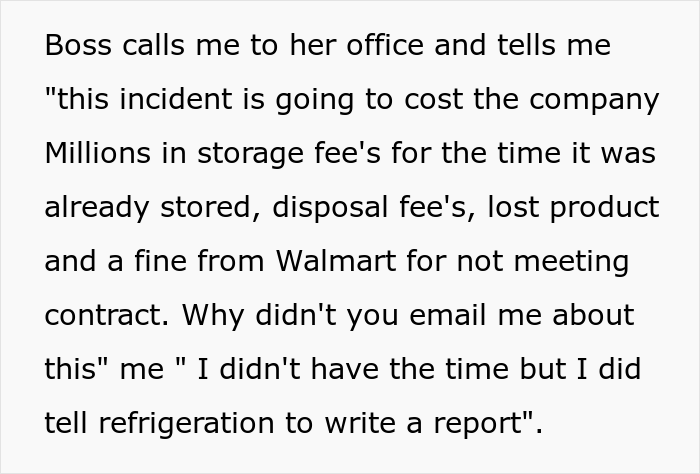


0 Commentaires